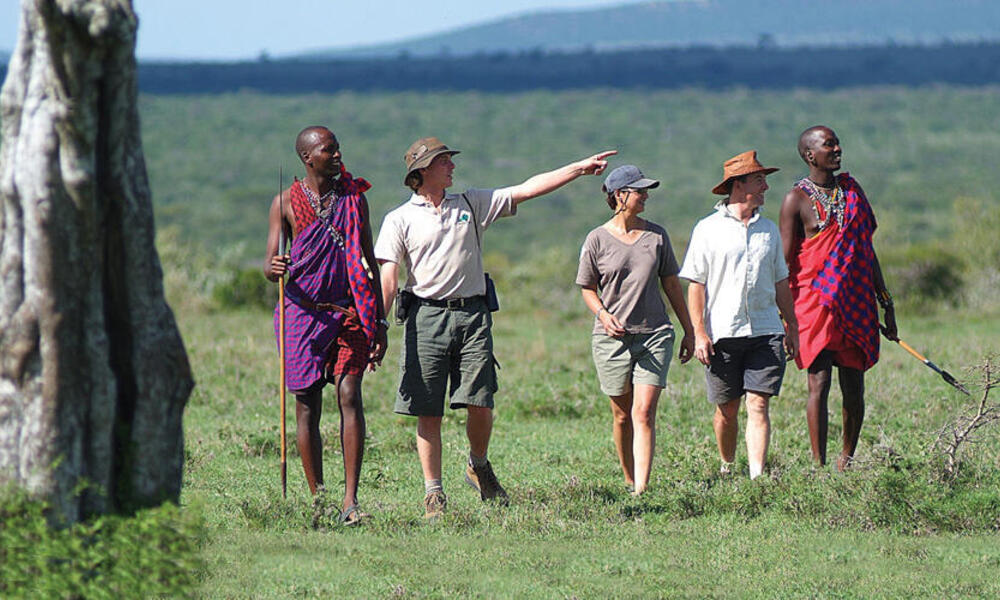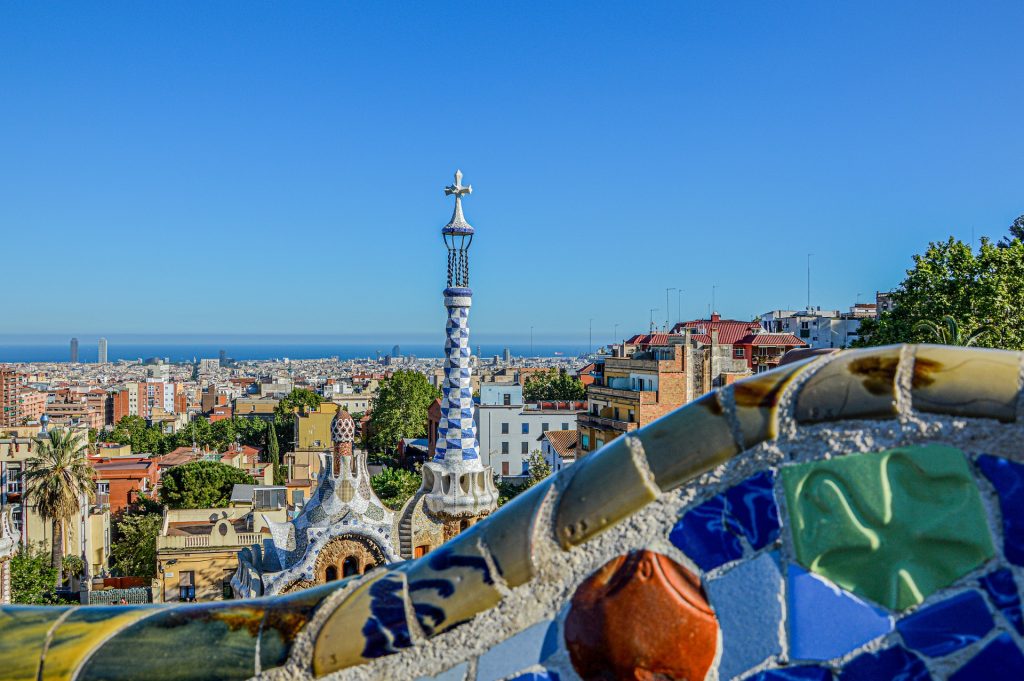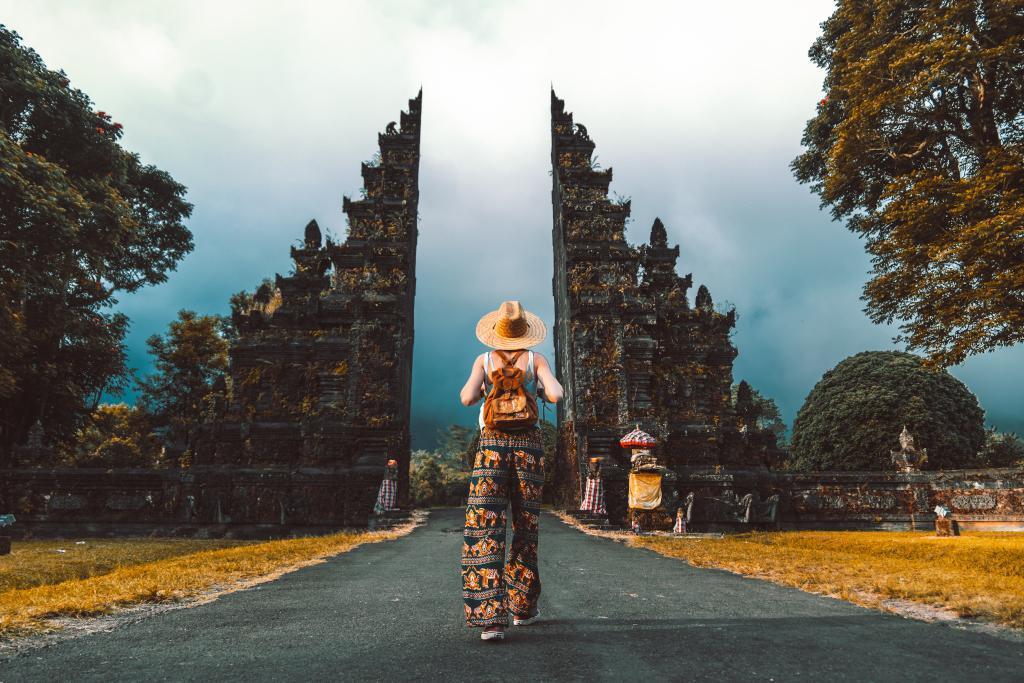How to experience local culture when traveling
Traveling is not just about ticking off famous landmarks or taking photos for social media. True travel is about immersing yourself in the local culture, understanding the traditions, tastes, and lifestyles that make a place unique. Experiencing local culture can transform a trip from a simple vacation into a life-changing adventure. Here’s a guide to help you dive deep into the heart of the places you visit.
1. Connect with Locals

The best way to understand a culture is through its people. Engage in conversations with locals, whether at a market, café, or public event. Don’t shy away from asking questions about their daily life, traditions, and favorite spots in the city. Platforms like Couchsurfing, Meetup, or local Facebook groups often host events where travelers can meet residents. Even something as simple as asking for restaurant recommendations can open the door to unique cultural experiences.
2. Eat Like a Local
Food is one of the most tangible and enjoyable ways to experience culture. Skip the international chain restaurants and seek out local eateries, street food stalls, or family-owned cafés. Try traditional dishes and ask about their history or significance. Participating in cooking classes or food tours can also deepen your understanding, as you’ll learn not just what to eat, but how local flavors and ingredients reflect the region’s heritage.
3. Attend Local Festivals and Events
Festivals are cultural treasure troves. From traditional dance performances and music festivals to religious ceremonies and national holidays, attending local events gives you a firsthand view of customs and traditions. Research upcoming festivals before your trip, and if possible, plan your visit around one. Even small community gatherings, like weekly markets or town celebrations, can provide authentic cultural insights.
4. Stay in Locally Owned Accommodations

Where you stay can influence how deeply you connect with a destination. Opt for guesthouses, homestays, or boutique hotels run by locals rather than international chains. This not only supports the local economy but often gives you a more personalized and immersive experience. Hosts can share insider tips about the area, introduce you to local friends, or invite you to participate in cultural activities.
5. Learn the Language Basics
Even a small effort to speak the local language goes a long way in showing respect for the culture. Learn basic greetings, thank-yous, and polite phrases. Locals often appreciate the effort, and it can lead to more genuine interactions. Additionally, understanding key words on menus, signs, or transportation systems can make your experience smoother and more enriching.
6. Explore Beyond Tourist Spots
Popular attractions are often crowded and cater to visitors, but the essence of a culture is found in everyday life. Wander through neighborhoods, parks, and local markets. Take public transportation instead of taxis to observe daily routines. By stepping off the beaten path, you’ll witness authentic local life and uncover hidden gems that many tourists miss.
7. Participate in Cultural Workshops

Many destinations offer workshops where you can learn traditional crafts, dances, or skills. Whether it’s pottery in Japan, weaving in Guatemala, or salsa dancing in Cuba, engaging in these activities allows you to experience culture actively rather than passively. It’s also a memorable way to bring a piece of the culture home with you.
8. Respect Local Customs and Etiquette
Experiencing culture responsibly means being aware of local customs. Dress appropriately when visiting religious sites, learn social norms regarding gestures or greetings, and be mindful of photography rules. Showing respect enhances your experience and fosters positive interactions with locals.
9. Use Cultural Tours and Guides Wisely
While independent exploration is enriching, guided tours focused on culture can provide context you might not find on your own. Look for tours led by locals who can share stories, historical insights, and personal perspectives. This can deepen your understanding of the region’s heritage and traditions.
10. Reflect and Engage
Finally, take time to reflect on what you’ve learned and how it impacts your perception of the culture. Journaling or blogging about your experiences helps solidify the lessons and allows you to share them with others. Engage with locals in a meaningful way, and you’ll leave with not only memories but a genuine connection to the place.
Conclusion
Experiencing local culture while traveling requires curiosity, openness, and respect. By connecting with locals, embracing traditional food, attending events, and exploring beyond the usual tourist spots, you can transform any trip into a rich cultural adventure. Traveling becomes not just about seeing the world, but truly understanding it—one experience at a time.


